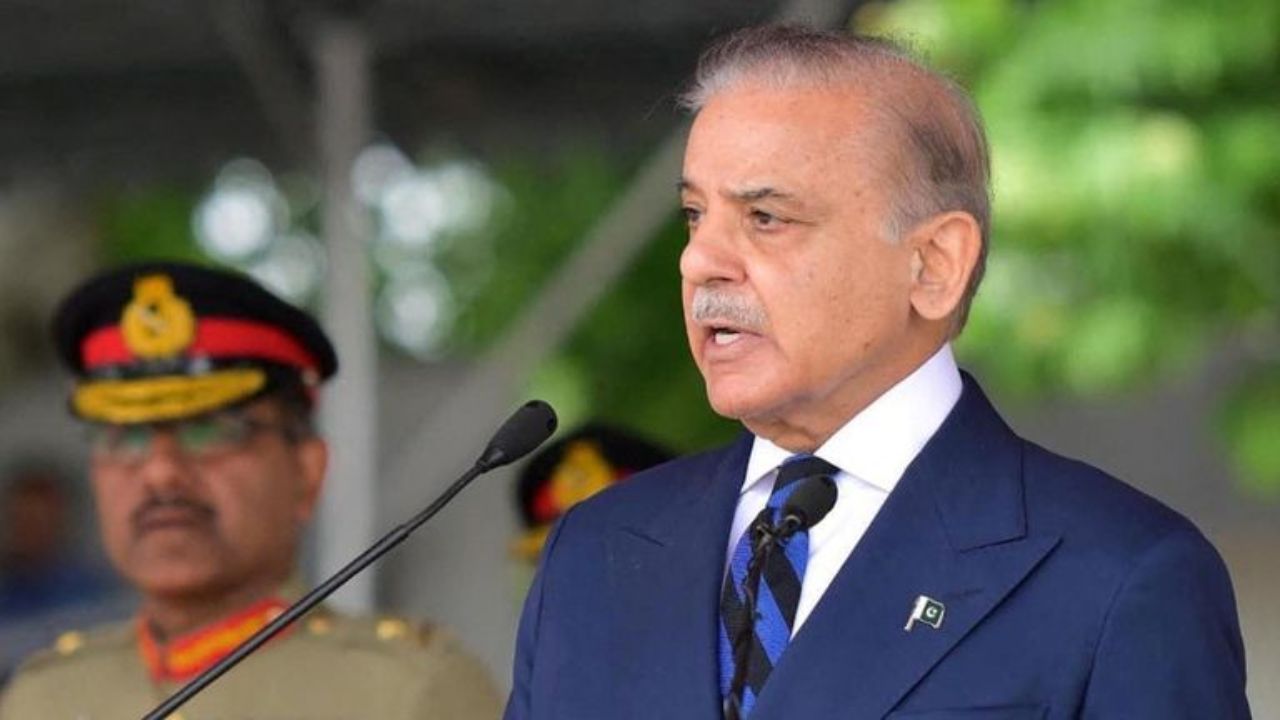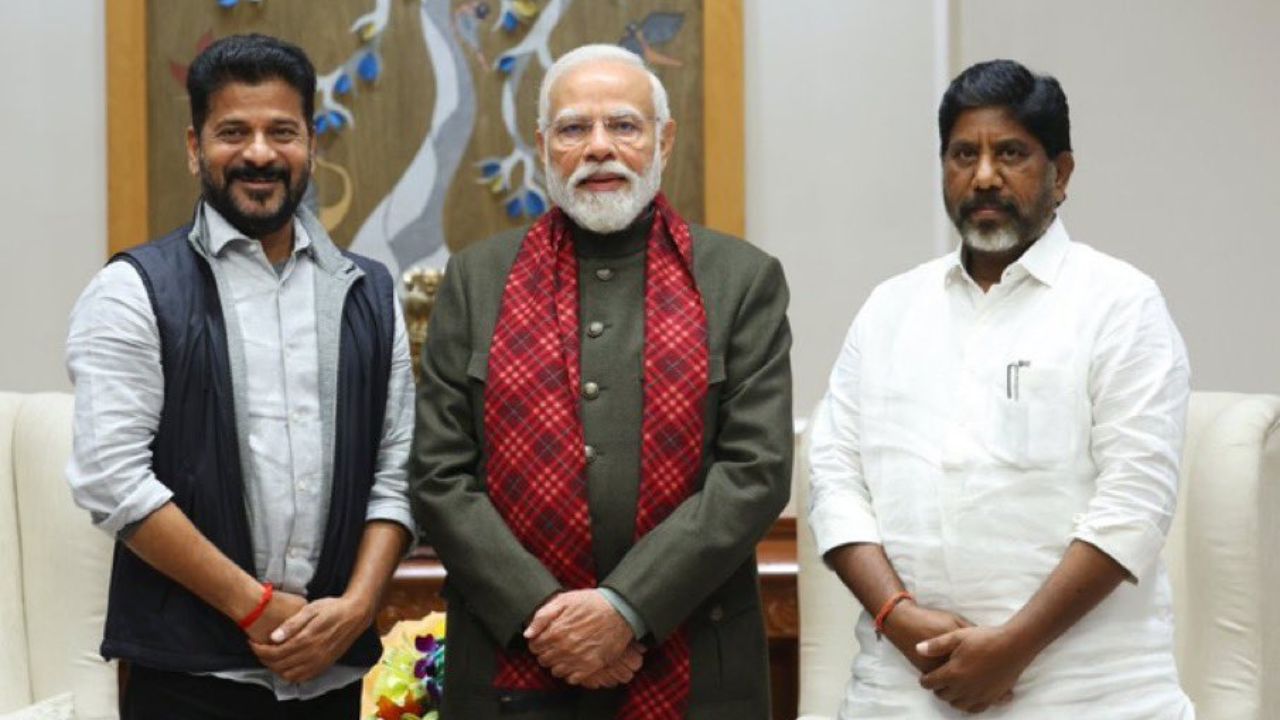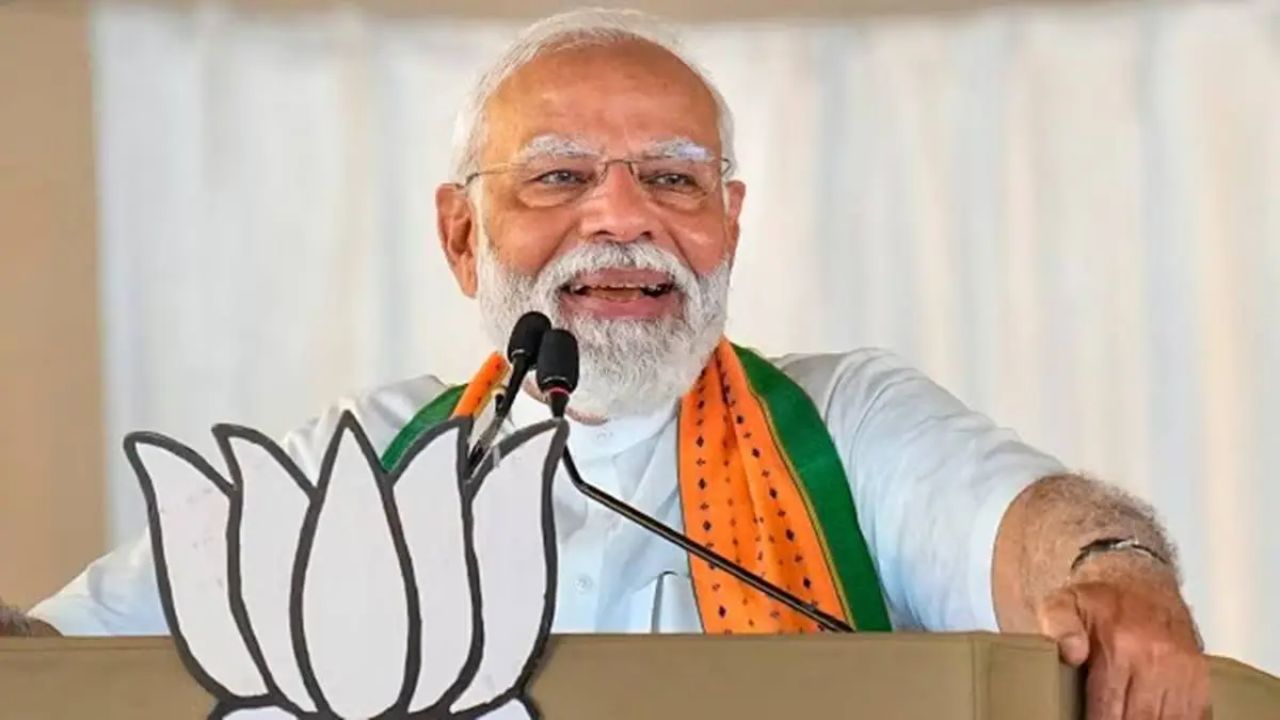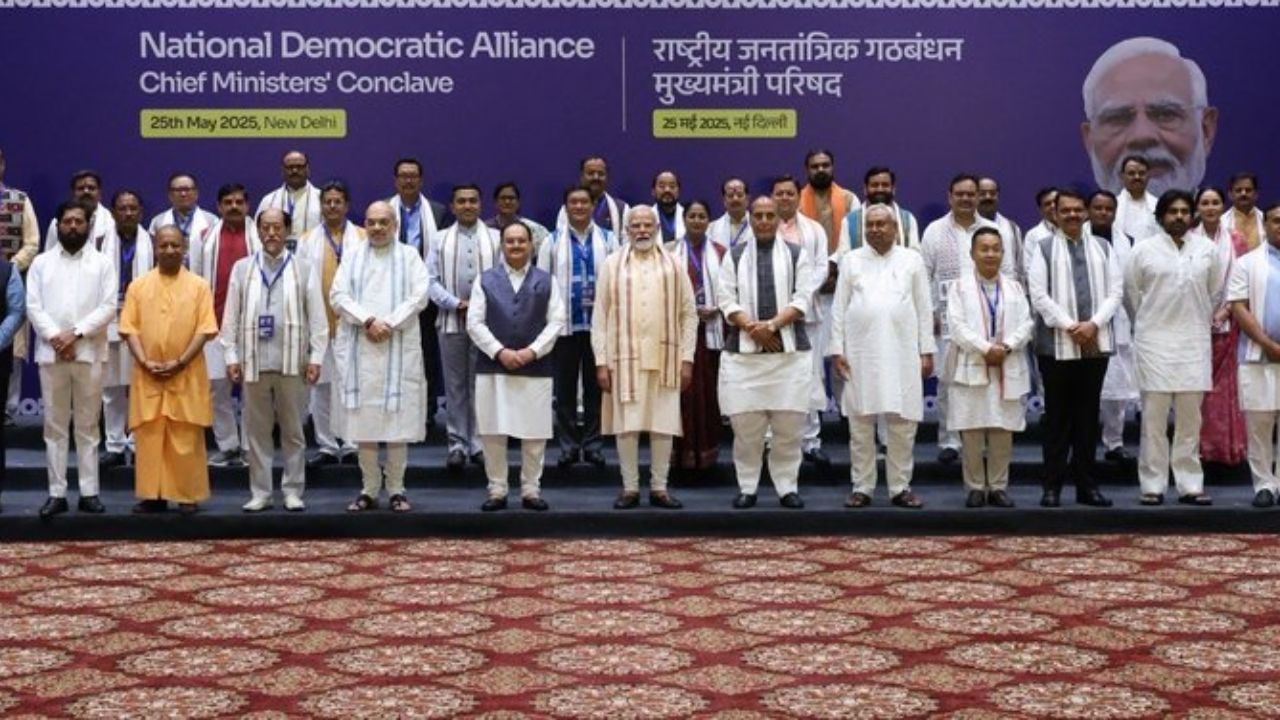ISKCON has alleged that its center in Dhaka, Bangladesh, was deliberately set on fire, and that idols were burned during the attack.
The recent attack on ISKCON’s centre in Dhaka, Bangladesh, has sparked widespread concern, with the community accusing authorities of failing to address ongoing threats against religious minorities in the country. On Saturday, ISKCON officials alleged
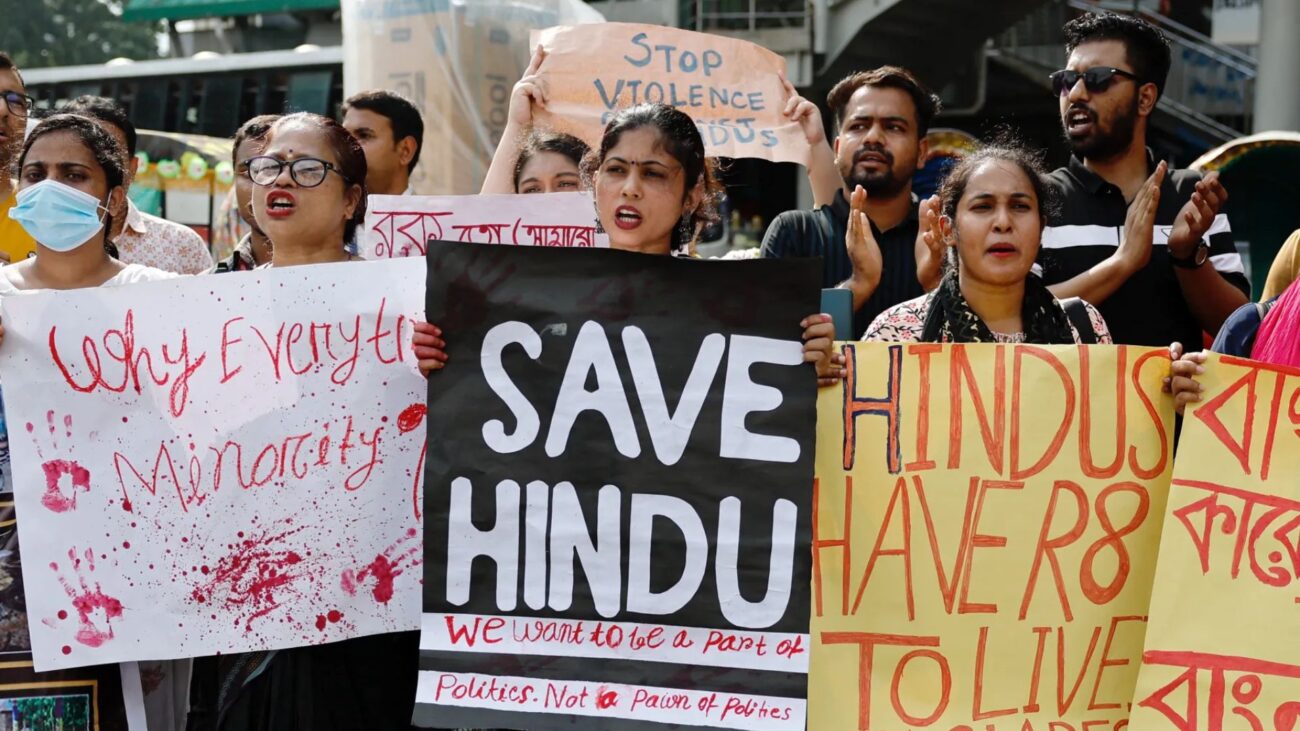
The recent attack on ISKCON’s centre in Dhaka, Bangladesh, has sparked widespread concern, with the community accusing authorities of failing to address ongoing threats against religious minorities in the country. On Saturday, ISKCON officials alleged that their Namhatta Center in Dhaka was set on fire by miscreants, destroying deities and temple property.
Radharamn Das, ISKCON’s vice president in Kolkata, confirmed the attack in an X post, stating that both the Shri Shri Radha Krishna Temple and the Shri Shri Mahabhagya Lakshmi Narayan Temple had been targeted. He mentioned that the fire was set by removing the tin roof at the back of the temple and dousing it with petrol or octane. The attack destroyed the deities of Sri Sri Laxmi Narayan and the contents of the temple.
Das further highlighted that the attack took place in the early hours of the morning, between 2 and 3 AM, in Dhour village under the jurisdiction of Turag Police Station. The incident adds to a growing number of attacks on ISKCON centres and Hindu communities in Bangladesh, particularly since the interim government assumed power earlier this year.
In his statement to PTI, Das expressed his frustration with the Bangladeshi authorities’ lack of action in protecting the community. Despite ISKCON raising its concerns, he noted that the police and administration have failed to take meaningful steps to safeguard the temples and their members.
This surge in attacks on Hindus and other minority communities in Bangladesh has drawn international attention. India has raised serious concerns, calling on the interim government to fulfil its duty to protect all its citizens, particularly minorities. External Affairs Minister S. Jaishankar emphasized that the government of Bangladesh is responsible for ensuring the protection of life and liberty for all, including religious minorities.
The situation has also drawn attention to the case of Hindu monk Chinmoy Krishna Das, whose arrest on November 25 led to violent protests in Chattogram. Das, a former member of ISKCON, faced protests after his bail application was denied. Following his arrest, violence erupted, culminating in the death of a government prosecutor. The court hearing for Das’s bail petition has been delayed until next month.
The growing violence against religious minorities, coupled with the government’s failure to protect them, has intensified concerns both within Bangladesh and internationally. Despite the ongoing unrest, many in the ISKCON community have called for justice and greater protection for religious institutions across the country.


